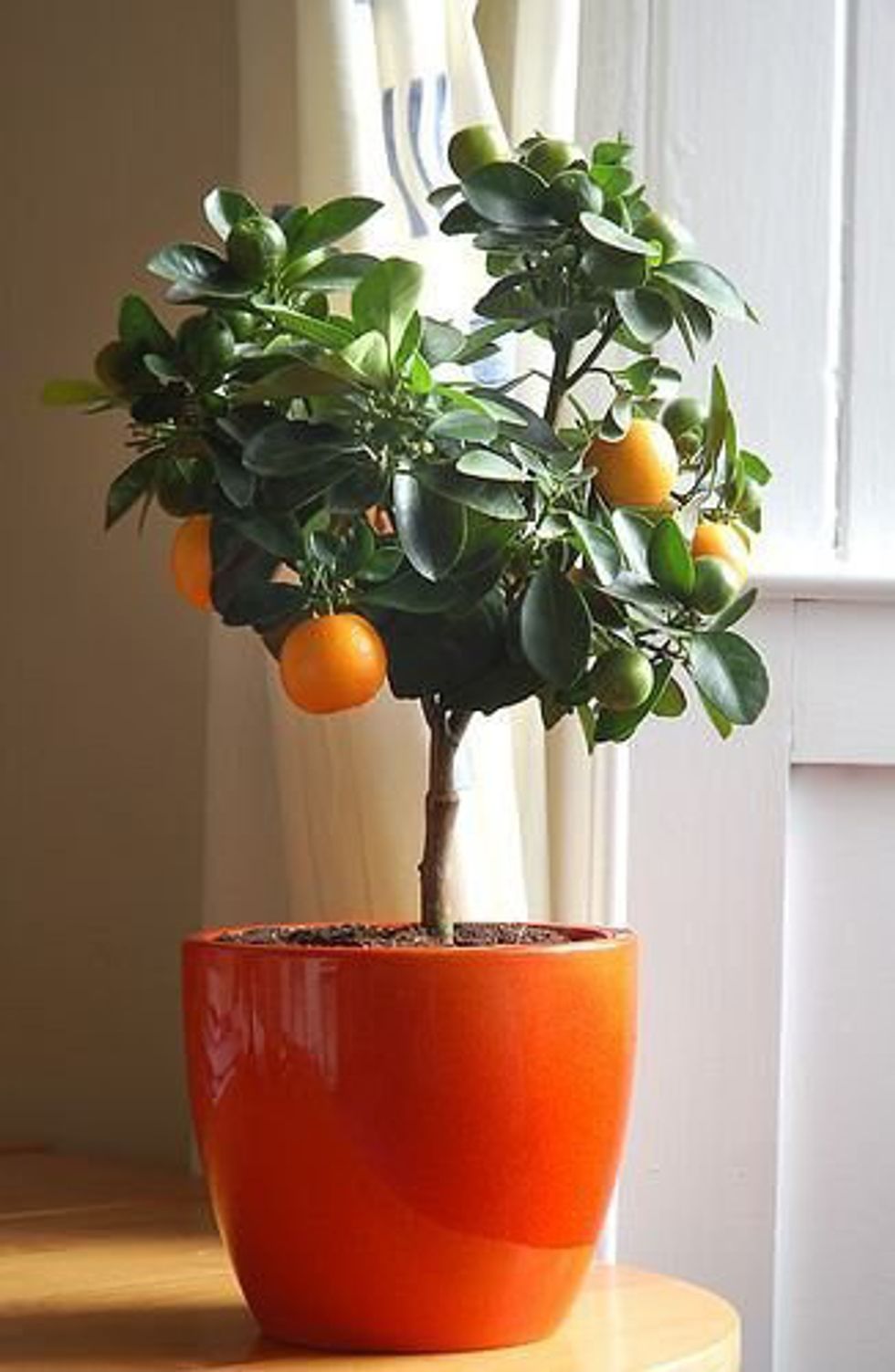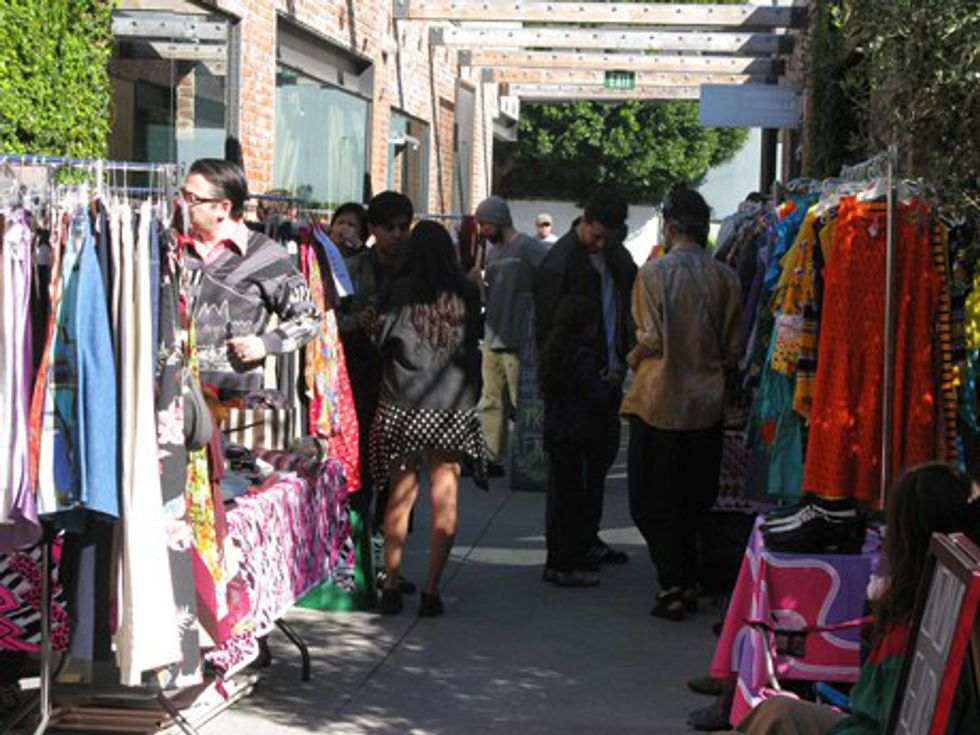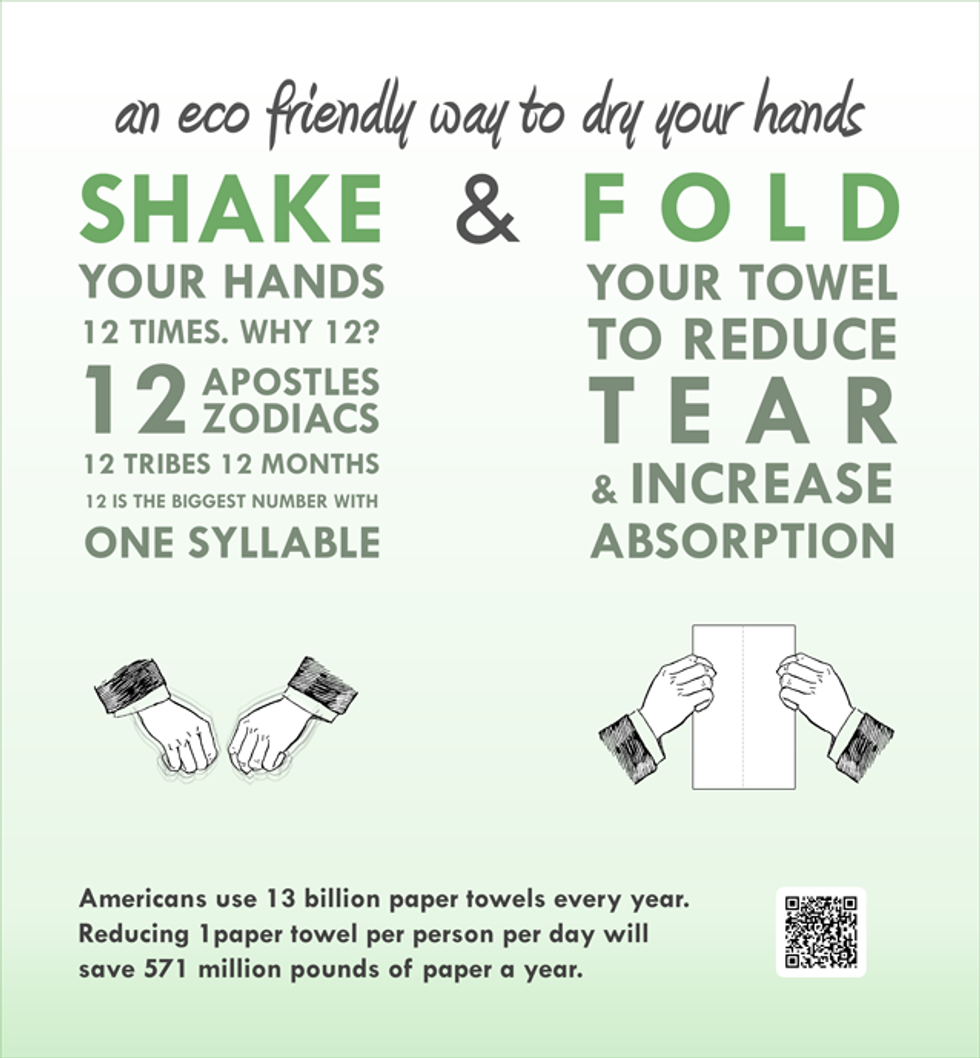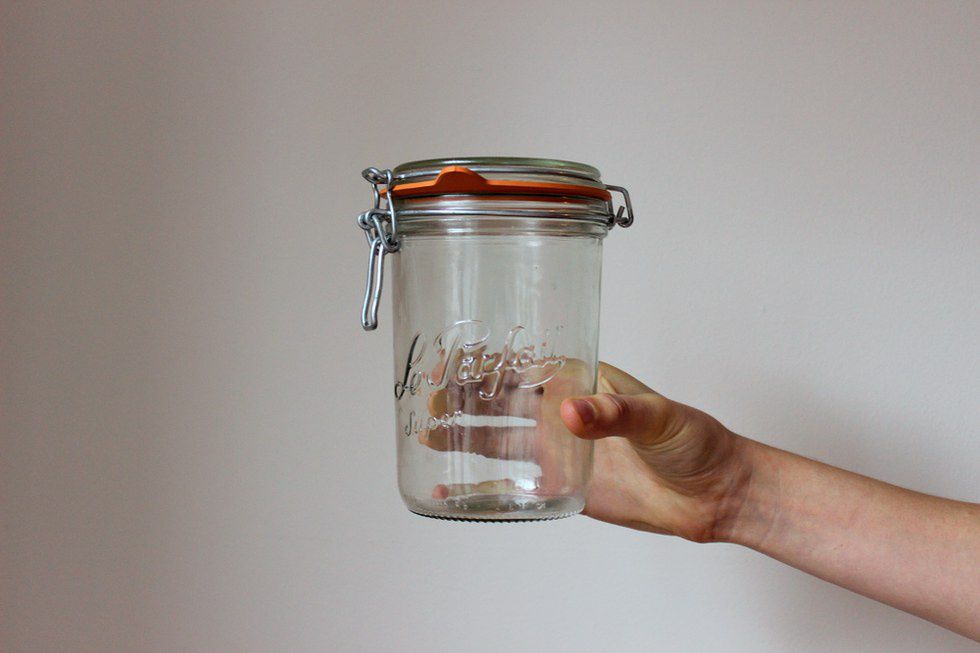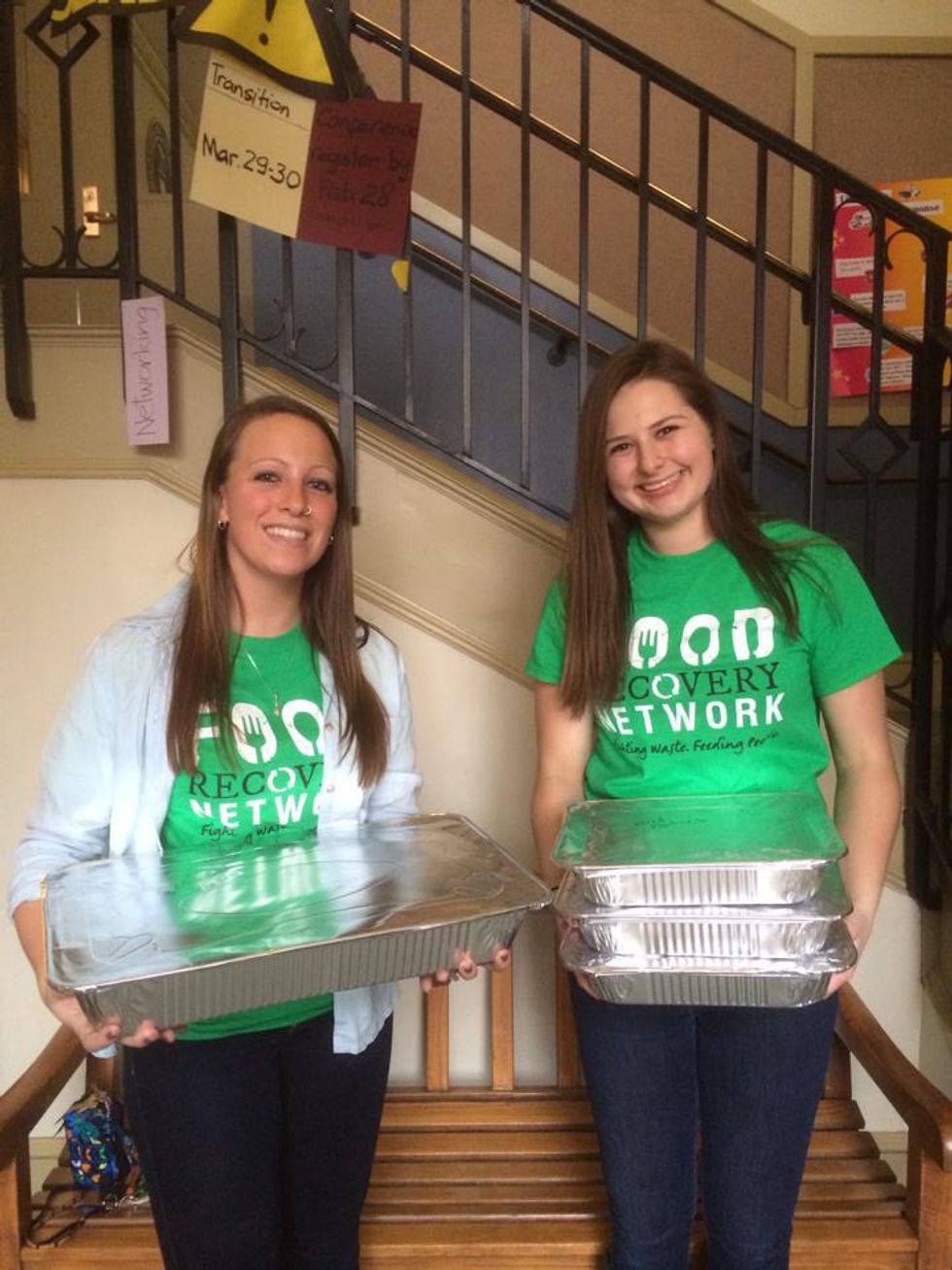This summer, as a part of being a typical liberal arts student, I am interning somewhere that really doesn't apply to my major at all but will someday make me a better, more well-rounded global citizen. This summer, I am on a small organic and sustainable farm. I grew up with a very organic-conscious mother, but we never really dabbled into sustainability, so I am learning a lot.
A part of this learning has come from my own research--in the hopes of figuring out what the hell I am actually getting myself into--on sustainability and what I can do to look less like a bratty white girl among my new farmer friends.
A lot of the articles and advice were targeted to much older people though--which makes sense because they are the ones that own their own house and have this kind of economic power to change their way of life. I felt a little disheartened because there was no way that I would be able to “go off the grid,” and I wasn’t interested in starting a homestead because I, quite frankly, am already on one. There had to be some things students could do though. So, here is my list of ways students can live a more sustainable life.
1. Plant something useful in your window
Not only will this help keep your air in the dorm less stale, but having plants around is a natural relaxant. You could plant anything from herbs to a miniature lemon tree. Bonus points: planting it in something recycled (i.e. a yogurt container)
2. Changing your lightbulbs
Maybe you can’t change all the awful fluorescents to more sustainable lighting, but if you buy a few lamps and use them instead of the awful overheads, you can really save a lot of energy. Also, these give off much better selfie lighting.
3. Reusable drinkware
Instead of buying water bottles, just buy a reusable water bottle. This can cut down on a lot of wasted plastic. Recycling is really not the best answer; not using the plastic to begin with is a much better alternative.
This goes for grabbing that cup of coffee from the cafe or Starbucks as well. Instead of using their cups, bring your own. Finding a cool coffee travel cup is actually a lot of fun. There are so many options out there! Bonus points: If you don’t purchase a plastic travel mug, Starbucks has really cool glass ones, that if I wasn’t afraid I would break them, I would totally be down to buy.
Also, both of these options will end up saving you a lot of money in the long run. Bottled water can really add up, and usually cafes will give you a discount if you bring your own container.
4. Investing in eco-friendly products
Buying eco-friendly products can be a little more expensive, but the cause is worth it. These products are often sturdier and will probably last you longer as well. For example, bamboo pens are much stronger than cheap plastic ones. Long-term, if companies see that people are more willing to buy more eco-friendly products over non-eco-friendly, we can see a major shift in the market. Companies will see that it is much more profitable to expand their product line to be more eco-friendly, and maybe the world would be a little bit better of a place for it!
Bonus points: if you buy eco-friendly and socio-economically conscious brands. Like all those clothing lines that use fair trade to help women in developing nations.
Bonus Bonus points: Making the products yourself. Many cleaners, toothpastes, and other self-care items are really easy to make and are a lot more cost effective as well.
5. Thrifting
Macklemore isn’t the only one who can thrift. Buying clothes and other items pre-loved can really help save the environment and animals from cruelty. It is just like recycling your bottles. Also, it is much cheaper! Thrifting and upcycling clothing can be a really awesome creative outlet as well. You can switch around your style much easier and try new things without having to really spend an arm and a leg. College is not like high school either. People are not so much concerned with what labels you have on as they are with their next Spanish exam.
6. Use less paper towels!
Pumping the paper towel dispenser only three times can actually make a huge impact on paper consumption and water pollution. I know dorm paper towels aren’t really all that great, but is that extra fourth pump really going to do the trick? Nah. Or you could just wipe your hands on your shirt because #YOLO
If you live in an apartment or have your own bathroom, investing in a few hand towels can make a huge difference. Not only will it be cheaper in the long-run, they work better than paper anyway. If you clean them regularly, you really aren’t spreading germs.
7. DONT WASTE WATER
Although a nice 20 minute hot shower may seem like a blessing from the gods, it really isn't very good for the environment. Taking a four minute shower will get the job done. Heck, a military shower might seem a little extreme, but is a huge time and water saver. I try to take a military shower six days a week, and when I get out I actually feel like I have accomplished something.
8. Buy bulk
Bring reusable sacks to the grocery store and buy your snacks in bulk. Then you can portion them out in smaller reusable containers. So you still get your gummy worms or trail mix, but you aren’t buying all that plastic packaging. Here is a helpful blog post on how to shop the bulk aisle!
9. Use less energy
Either this starts with capitalizing on energy saving modes on phones and computers or buying an extension cord that you can turn off when not in use. Not sleeping with your lights and TV on is also a big way to save energy. When you leave the room, make sure you have turned everything off and maybe even unplug things that aren’t in use. The little things are always the ones that make the biggest difference.
10. Cut back on paper
There are a ton of websites now that allow you to buy textbooks for much cheaper if they are electronic. This saves you money and the world a lot of trees. Some of these websites even give you the pdf of the textbook for free. Is this maybe illegal? Yes, but the real crime is the waste and how expensive textbooks really are.
To reduce paper, you can also use online flashcards and ask to submit all your projects and papers online instead of on a hard-copy. Think of how many things you print out every semester and now think of how much paper that could save?
Bonus points: recycling old papers and notebooks
11. Get involved on campus
Join the eco-minded clubs. Help advocate for a more sustainable school. A lot of colleges are finding that by becoming more sustainable they will save more money, so it isn’t really that hard to persuade administration to join the forces. So get out there!
Also, don’t beat yourself up over going to Starbs and forgetting to bring a reusable cup or buying that awesome new agenda instead of one that is all recycled paper and bamboo. Putting a real effort into being more conscious of what the products you are buying and how much energy you use is paramount. Being awake is much more important than not indulging in a wasteful activity.


